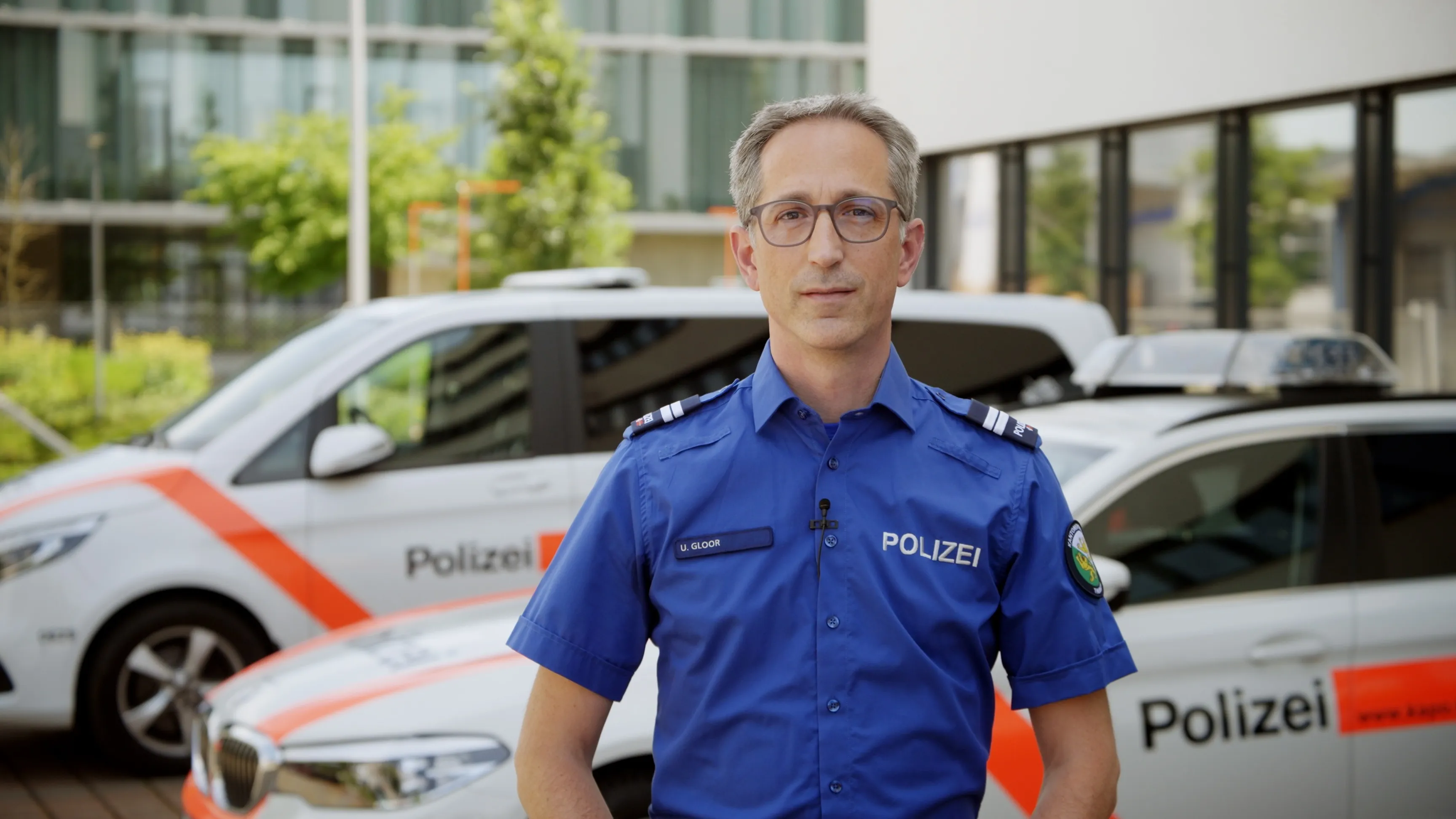Intelligent Imaging Systems (ISS) is providing US state departments of transportation with smart parking solutions for trucks at rest stops.
The technology was installed in Ohio as part of the Mid America Association of State Transportation Officials initiative, which unites eight Midwestern states via a Regional Truck Parking Information Management System (TPIMS).
ISS says in-ground sensors were fitted at 18 rest stops along Interstates 70, 75 and US Route 33 to provide information on how many parking spaces are open and available. This information is relayed and broadcast in real time on highway signs.
Brian Heath, president and CEO of IIS, says this service is ‘badly needed’ in the trucking industry.
“Studies by the
The TPIMS was deployed along the region’s high-volume freight corridors through Indiana, Iowa, Kansas, Kentucky, Michigan, Minnesota, Ohio and Wisconsin. It is expected to provide truck drivers and dispatchers with a parking availability system that crosses state borders.
According to Heath, the real-time display of parking spaces at rest stops will give drivers time to plan.
“In Ohio, it’s set up where a highway reader board shows the number of spots available at the upcoming rest area,” he continues. “And in many cases, it shows the spots available at the rest areas that are further down the road.”
Heath insists that the federal government has recognised this ‘parking issue’ and is offering states funds to implement a truck parking management system.
“We expect states with parking issues to take advantage of the funding to make highways safer, and drivers more productive,” Heath concludes.
ISS deploys smart parking technology for US truck drivers
Intelligent Imaging Systems (ISS) is providing US state departments of transportation with smart parking solutions for trucks at rest stops.
The technology was installed in Ohio as part of the Mid America Association of State Transportation Officials initiative, which unites eight Midwestern states via a Regional Truck Parking Information Management System (TPIMS).
ISS says in-ground sensors were fitted at 18 rest stops along Interstates 70, 75 and US Route 33 to provide information on how many parking sp
March 19, 2019
Read time: 2 mins









